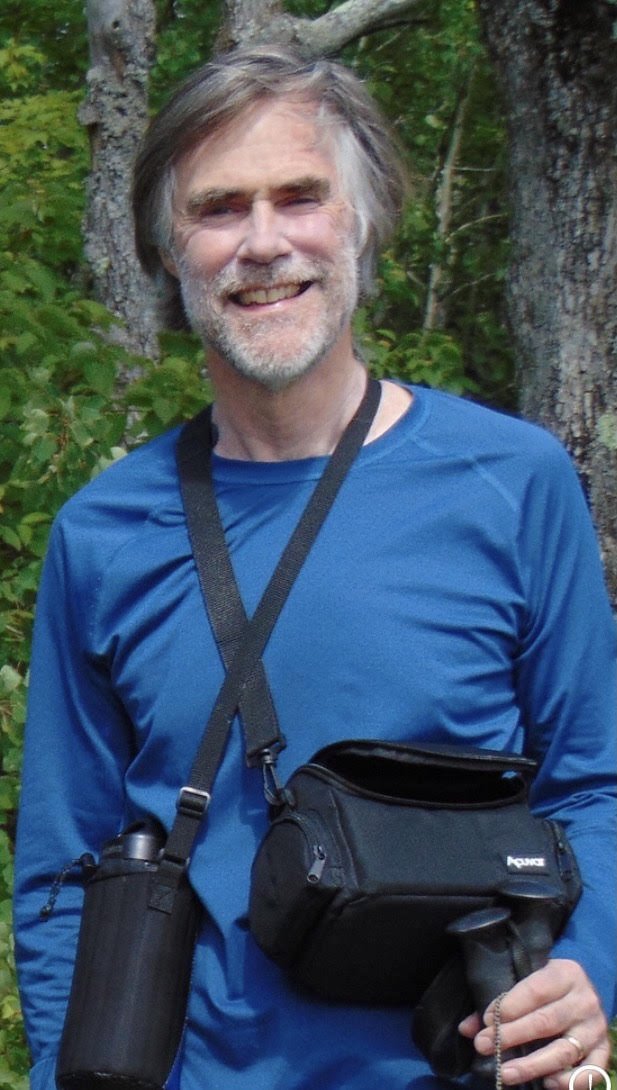Faculty Spotlight - John Kruse

Tell us about yourself
I studied psychology in school, eventually getting a Ph.D. with a focus on learning in humans and animals. I recently retired from 3M's Corporate Research Systems Lab, where I worked for 36 years doing AI research and prototyping, and then usability / human factors for medical devices, welding helmets, firefighting technology, iPhone apps, and a whole lot more.
I continue to follow research in psychology and humans' experience with technology. In my leisure time I like to hike, cross-country ski and spend time with my family.
What led you to the field of software engineering?
I was originally hired at 3M to do "knowledge engineering" (user research) for expert systems during the early wave of AI excitement. In the early days of AI, I did a lot of lisp coding, mostly front-end development. I was fascinated by the challenges in developing software, and the challenges faced by end users. Among the vast array of 3M's projects were plenty with software and user interfaces, so it was easy to gravitate toward this. Software has the potential to make our lives much better but it can also make our lives worse if not done thoughtfully.
What are your areas of interest in the field?
User experience, prototyping, and user research, especially field observations and usability testing. I like listening to users and other stakeholders and applying what I hear about their needs to improve users' experiences with the product.
What do you enjoy most about teaching in the MSSE program?
The students in the MSSE program tend to be bright and motivated. I really enjoy the in-class discussions. Also, I have an affinity for the University of Minnesota since I, my wife and both my daughters have degrees from the U of M.
Describe your teaching philosophy. How can a student be successful in your course?
Develop a working understanding of methodologies for balancing all the stakeholders' needs. My course covers a lot of ground in one semester. We take a broad look at humans and their interactions with technology. To be successful, be curious, try things out, and support your fellow classmates. We mention and summarize lots of books and articles in the program and I hope that students will continue their learning once the course is done.
If you could give students one piece of advice, what would that be?
Be curious; consider different stakeholders' perspectives on multiple design options; listen to users and your fellow students; strive to make the users of your software safer, more productive, and happy.